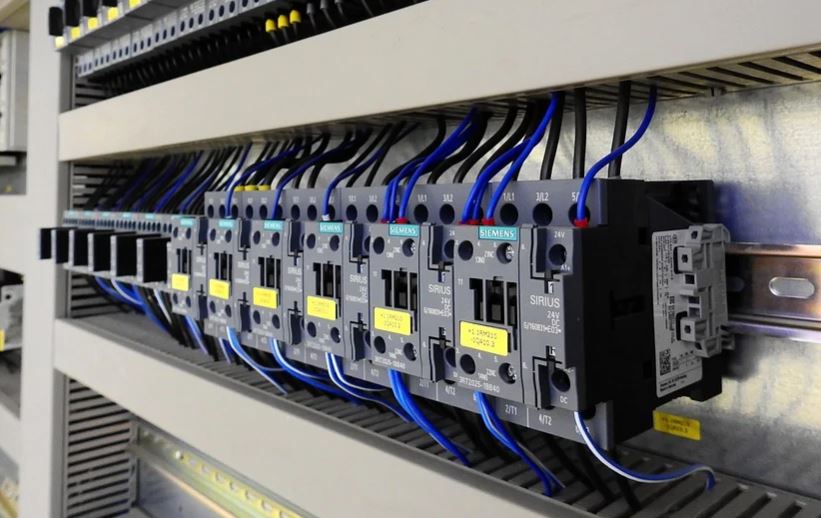
A frequently tripping circuit breaker usually indicates that there is an underlying electrical issue that needs appropriate attention. A lot of homeowners would initially try to address it on their own but knowing the perils that circuit breaker mishandling can bring, registered Denver area electricians strongly disapprove of DIY circuit breaker and electrical system troubleshooting. DIY repairs are not advised because of highly technical demand. Electric panel repairs require knowledge about breaker boxes and electrical systems.
While it is best to entrust the job to the real experts, it also pays to be aware of the ABCs about why circuit breakers trip. Take a look at the top five reasons below:
Reason #1: Short Circuit
When hot or neutral wires touch, they eventually burn and damage each other, thus a short circuit takes place.
Short circuits are a consequence of inappropriate human practices at home, e.g. reckless door or drawer shutting that kink the wires, pests ripping out the wires, or vacuums accidentally sucking the wires up. One easy way to confirm that there is a short circuit is by plugging in an appliance and then see if it returns sparks followed by the circuit breaker tripping. The aftermath will also show a scorching mark on the outlet where the appliance was plugged in, alongside a burning smell that lingers for a short while.
Reason #2: Circuit Overload
As the experts say, if the circuit breaker trips, it is most likely because there is a short circuit or a circuit overload.
Circuit overloads often take place in the kitchen or in a room where a lot of appliances are plugged in and running through the same circuit that was designed to handle lesser amps. When there is an overload, the wires overheat, prompting the circuit breaker to trip because of a potential irregularity.
Reason #3: Ground Fault
A ground fault is almost the same as a short circuit except that instead of touching a neutral wire, the hot wire comes in contact with a copper ground wire that is found in grounded appliances. The after-spark will not be as bad as in a short circuit but will still be enough to prompt the breaker to trip.
If your circuit breaker tripped, checking your appliances one by one to see whether they’re grounded or not will be a great start in locating the cause. Or you can simply give a Denver electrician nearby a call to have them cover all the necessary actions. At a reasonable electrical repair quote, your problem will be handled with quality and reliability.
Reason #4: Overheating Appliances
Any heating appliance, such as a toaster, flat iron, electric stove, or any appliance that works nonstop can experience overheating. When this happens, i.e. the appliance draws more amps than it is supposed to, a circuit overload causing the breaker to trip can follow through. Although an appliance repair may sound economical for overheating appliances, it is not always the best solution considering the perils you might be exposed to when the problem reoccurs. Melted parts could be lurking and left unaddressed.
Reason #5: Defective Circuit Breaker
Breaker boxes are not exempted from wear-and-tear especially with age. Although they are known to be more durable than fuses and fuse boxes, the fact that they handle huge amounts of amps makes them susceptible to breaks in the future.
Your trusted electrical service contractor in Denver, Colorado is who you should call to have your circuit breakers checked or replaced. The team of seasoned electricians might even propose installing other circuit breakers dedicated for appliances that consume too much load. They simply know what is best.
Entrust the job to a qualified team; give us a call at ElectriCall like what thousands of homeowners in Colorado do. We’ll be more than glad to layout solutions to your electrical problem.